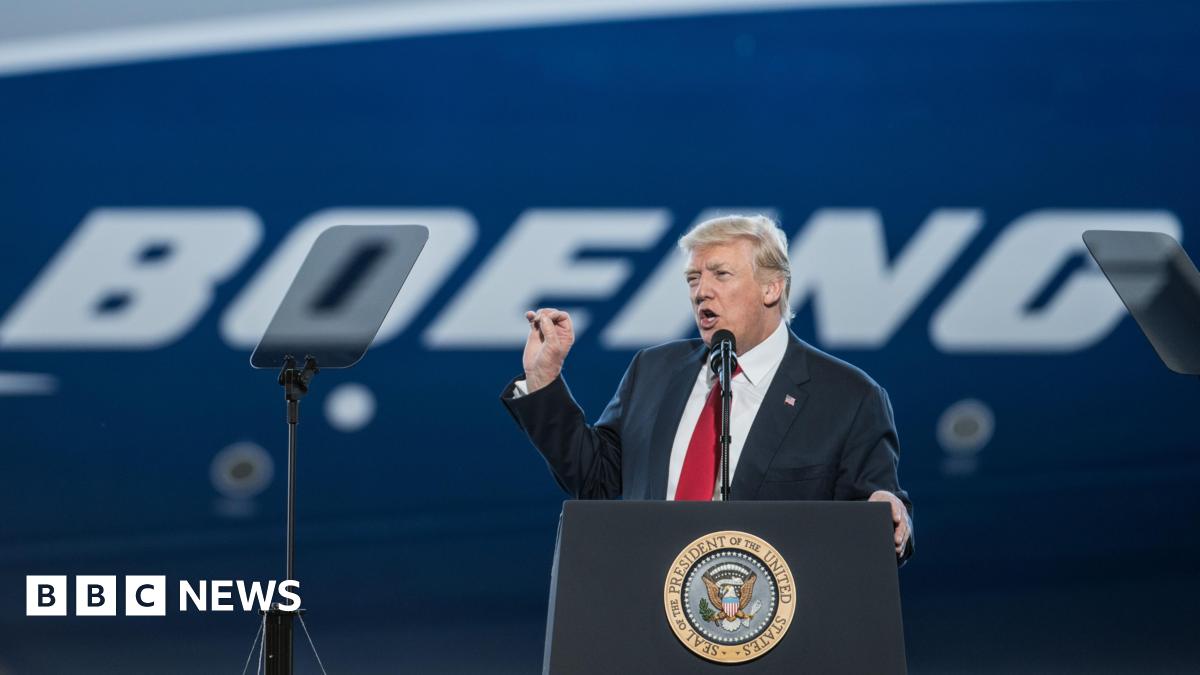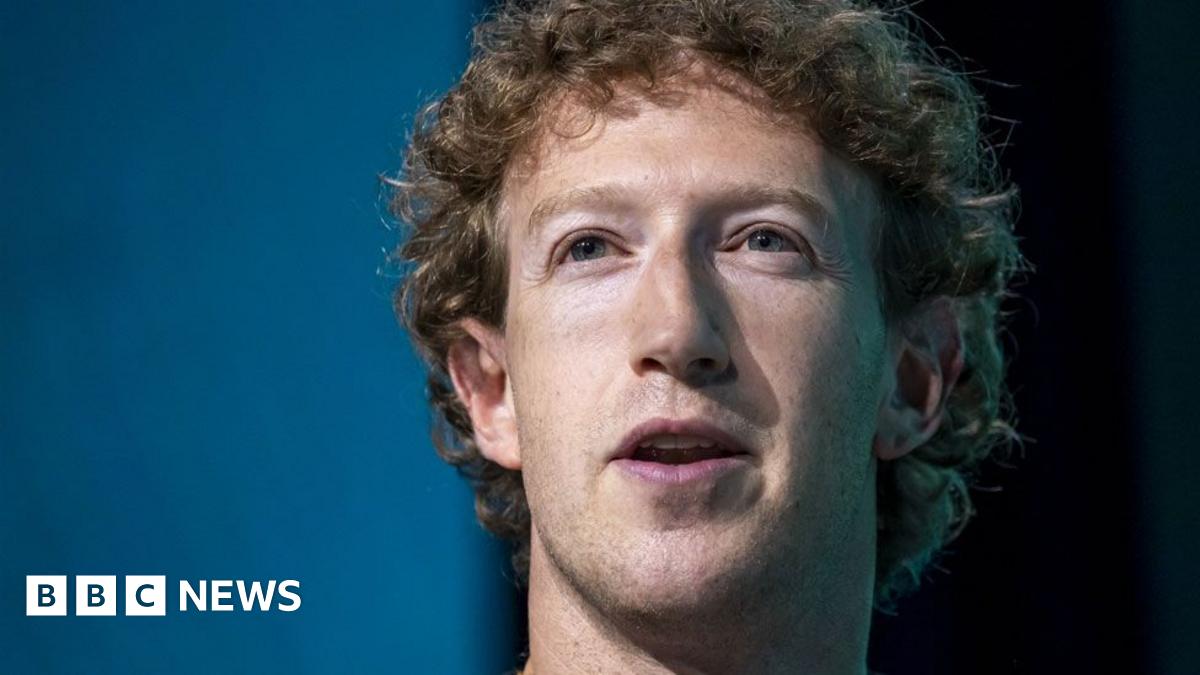France’s leftwing parties have begun jockeying to lead the country’s next government after scoring an unexpected election victory that thwarted Marine Le Pen’s efforts to bring the far right to power.
The hastily cobbled-together leftist Nouveau Front Populaire bloc won the most parliamentary seats in the second-round vote on Sunday, but fell short of an outright majority and has no agreed prime ministerial candidate.
Markets initially reacted negatively to the news of a hung parliament but quickly recovered, with the euro flat and French stocks making gains.
President Emmanuel Macron has yet to speak in response to the election result, with little indication that the president is seeking to appoint a prime minister quickly.
The incumbent Gabriel Attal tendered his resignation on Monday, although Macron refused, asking him to stay on for now, according to the Élysée Palace. Paris is due to host the Olympic Games starting on July 26, adding to concerns over a potential government void.
“The president has asked Gabriel Attal to remain prime minister for the time being in order to ensure the country’s stability,” the Elysée said.
Other high-profile members of Macron’s cabinet, including economy minister Bruno Le Maire and interior minister Gérald Darmanin, will also remain in place for now.
Any government would have to command the support of a majority in the 577-member National Assembly, which could require winning backing from more than one bloc.
The NFP secured 180 seats, followed by Macron’s centrist Ensemble alliance on 159, according to the Financial Times’ parliamentary election tracker.
Le Pen’s Rassemblement National party, which had hoped for a parliamentary majority after winning the first round, trailed with 143.
The leftist bloc is made up of several different parties — from centre-left Socialists to communists and Greens. The biggest grouping within it is the far-left La France Insoumise, led by anti-capitalist firebrand Jean-Luc Mélenchon.
The NFP’s leaders have immediately called on Macron to choose a new head of government from their ranks, despite their internal fractures.
“Within the week, we need to be in a position to present a candidate for prime minister and force the president to take this situation into account,” Olivier Faure, the head of the Socialists, who made gains on Sunday and are now just behind LFI, told FranceInfo radio on Monday.
But Faure said Mélenchon was “certainly the most divisive” figure within the bloc and lacked the consensus profile needed to lead a government.
Within hours of Sunday’s results Mélenchon had vowed to put in place the high-tax, high-spending NFP programme that has spooked investors and called on Macron to appoint a leftwing premier.
Mathilde Panot, a high-level figure in Mélenchon’s party, told RTL radio on Monday that the veteran leftwinger was “absolutely not disqualified” for the prime minister job.
Marine Tondelier of the Green party said the left should avoid “internal wrestling based on who has the most seats”.
Macron and his allies had ruled out forming a government with either Mélenchon or RN before Sunday’s vote.
Instead, the president is expected to try and reach out to more moderate forces, such as the Socialists and Greens, as well as the conservative Les Républicains.
François Bayrou, a Macron ally who heads the centrist Modem party, said a few days were needed for greater clarity, adding that the NFP was made up of parties with “incompatible attitudes and political choices”.
He said: “I don’t think [France] is ungovernable, I think there are paths forward.”
Sunday’s results marked a success for the centrist and leftist parties’ bid to form a common “front républicain” by pulling out of races to avoid splitting the anti-RN vote. It was also a stinging setback for Le Pen.
While the RN won the biggest haul of seats in its history, it had been expected to come within touching distance of a majority.
The results also surprised the markets, which had increasingly expected that the RN would fail to win a majority but not that it would fall to third place.
Fears that both the left and the RN would step up spending and strain relations with the EU had led to big stock market falls after the first-round vote.
“It would be catastrophic for the country to embark on additional massive spending,” former European Central Bank president Jean-Claude Trichet told Bloomberg TV on Monday. “We have no room for manoeuvre.”
He added that the manifestos of both the NFP and the RN would “aggravate the situation in many respects as regards the credit worthiness of the country” and therefore were “not feasible at all”.
France’s Cac 40 index of blue-chip stocks fell in early trading on Monday but later recovered to 0.5 per cent up on the day. Europe’s wider Stoxx 600 index also pared losses and was up 0.4 per cent.
The euro, which has been volatile since Macron called the elections, erased early losses to trade flat against the dollar at $1.0837.
Outside France, some European leaders feared the divided government could complicate EU decision-making. Robert Habeck, Germany’s vice-chancellor, welcomed the left’s victory against the RN but warned there were challenges ahead for France, Europe and the Franco-German relationship.
“We cannot say this went well and tick the check box yet,” he said in Stuttgart. “We still need to pay close attention to what happens next in France.”
Some governments fear EU support for Ukraine could suffer after Macron’s authority was diminished by the election result. He had offered to send French soldiers to train Ukrainian troops inside the country.
“Will it happen without French leadership? I don’t know,” said one EU diplomat. “Macron has been very strong on Ukraine.”
Additional reporting by Domitille Alain in Paris, Guy Chazan in Berlin, Andrew Bounds in Brussels and Martin Arnold in Frankfurt
Credit: Source link











